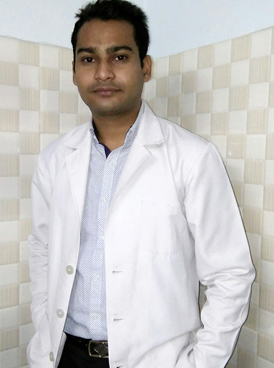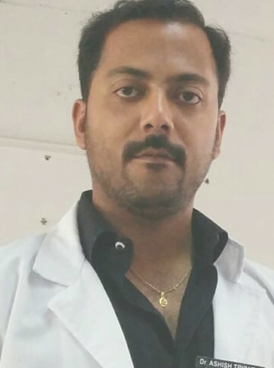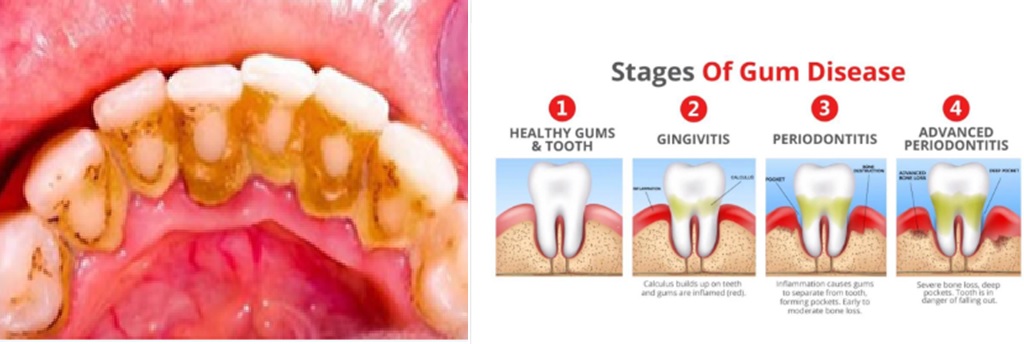
Pyorrhea, also known as periodontitis, is a severe form of gum disease that affects the tissues and bones supporting the teeth. Unfortunately, there are numerous myths and misconceptions surrounding this condition. In this article, let's take a look at some of them:
Myth #1: Pyorrhea is a rare condition.
Fact: Pyorrhea is a prevalent condition that affects a significant percentage of the population. According to the Centers for Disease Control and Prevention (CDC), nearly half of adults over the age of 30 in the United States have some form of gum disease.
Myth #2: Pyorrhea only affects the elderly.
Fact: While pyorrhea is more common among older adults, it can affect individuals of all ages. Poor oral hygiene, smoking, genetic factors, and certain medical conditions can contribute to the development of pyorrhea, regardless of age.
Myth #3: Pyorrhea only affects the gums.
Fact: Pyorrhea is not a minor gum infection; it is a progressive disease that, if left untreated, can lead to tooth loss and other serious oral health complications. It involves the destruction of gum tissues and bone that support the teeth.
Myth #4: Pyorrhea is caused by poor brushing and flossing habits.
Fact: While poor oral hygiene can contribute to the development of pyorrhea, it is not the only cause. Other factors, such as smoking, genetics, hormonal changes, and certain medical conditions, can also increase the risk of developing pyorrhea.
Myth #5: Brushing teeth aggressively prevents pyorrhea.
Fact: Brushing your teeth aggressively can actually damage your gums and worsen the condition. The key to preventing pyorrhea is practicing proper oral hygiene, which includes gentle brushing, flossing, and regular dental check-ups.
Myth #6: Pyorrhea is primarily caused by poor oral hygiene.
Fact: While poor oral hygiene is a significant risk factor for pyorrhea, it is not the sole cause. Other factors, such as smoking, hormonal changes, diabetes, and certain medications, can also contribute to the development of pyorrhea.
Myth #7: Pyorrhea is not preventable.
Fact: Pyorrhea is largely preventable by adopting a good oral hygiene routine. Regular brushing, flossing, using mouthwash, and visiting the dentist for professional cleanings and check-ups can help prevent the onset and progression of pyorrhea.
Myth #8: Pyorrhea is not linked to overall health.
Fact: Pyorrhea has been associated with several systemic health conditions. Research suggests that untreated pyorrhea may contribute to an increased risk of cardiovascular disease, diabetes, respiratory problems, and complications during pregnancy. Maintaining good oral health is crucial for overall well-being.
Myth #9: Home remedies can cure pyorrhea.
Fact: While certain home remedies and natural treatments may provide temporary relief from pyorrhea symptoms, they cannot cure the condition. Professional dental treatment, including scaling and root planing, is typically necessary to control and manage pyorrhea effectively.
Myth#10: Pyorrhea is not a serious disease.
Fact: Pyorrhea is a serious disease that can lead to tooth loss and other health problems. In addition, research has linked pyorrhea to an increased risk of heart disease, stroke, and other health issues.
Myth#11: There is no treatment for pyorrhea.
Fact: While pyorrhea can be difficult to treat, there are many effective treatments available. These include deep cleaning of the teeth and gums, antibiotics, and surgery in severe cases.
Myth#12: Pyorrhea is contagious.
Fact: Pyorrhea is not contagious and cannot be spread from person to person.
Myth #13: Scaling and root planing is a painful procedure.
Fact: While scaling and root planing may cause some discomfort during the procedure, it is typically performed under local anesthesia to minimize pain. The procedure is an effective way to remove plaque and tartar buildup from below the gum line and prevent the progression of pyorrhea.
Myth #14: Pyorrhea can be cured with antibiotics.
Fact: Antibiotics can help control bacterial infection associated with pyorrhea, but they cannot cure the condition on their own. Professional dental treatment, including scaling and root planing, is necessary to manage and control pyorrhea effectively.
Conclusion:
It is essential to have accurate information about pyorrhea to ensure proper prevention and treatment. By debunking common myths surrounding this condition, Smile In Minutes Multispecialty Dental Clinic hope to promote better oral health practices and raise awareness about the importance of seeking professional dental care in Raj Nagar Extension. Remember, maintaining good oral hygiene and visiting to Smile In Minutes Multispecialty Dental Clinic in Raj Nagar Extension regularly are key steps in preventing and managing pyorrhea.
Our Doctors
SMILE IN MINUTES Dental Care Doctors

Dr. Priyanka
Sr. Dental Surgeon

Dr. Mowmita Barik
Dental Surgeon (BDS)

Dr. Sapna
Dental Surgeon (BDS)

Dr. Md. Shoaib
Dental Surgeon (BDS)

Dr. Rubiya
Dental Surgeon (BDS)

Dr. Kuldeep
Dental Surgeon (BDS)

Dr. Ribhu
Dental Surgeon (BDS)

Dr. Sonam Tonger
Dental Surgeon (BDS)

Dr. Chanderalata
Dental Surgeon (BDS)

Dr. Neha
Dental Surgeon (BDS)

Dr. Priyanka Arora Sethi
Dental Surgeon (BDS)



